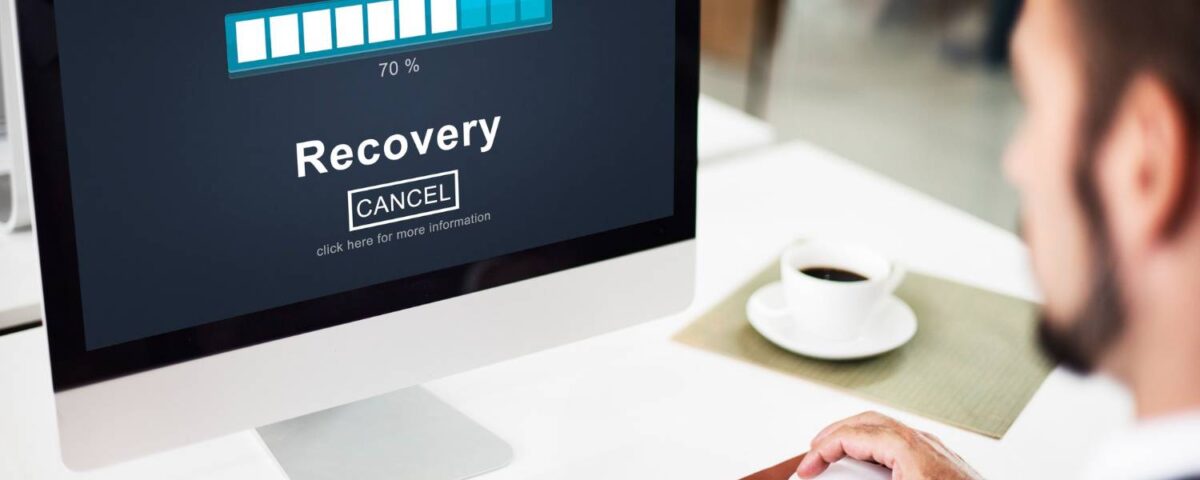
How will you know if the website be accessible and compliant with web accessibility guidelines?
June 14, 2023
What is a realistic timeline for completing a WordPress website?
June 16, 2023Having backup procedures and a disaster recovery plan in place is essential for safeguarding your WordPress website and ensuring business continuity in case of data loss or website downtime. Here are some recommended backup procedures and disaster recovery measures for a WordPress website:
- Regular Backups: Set up a regular backup schedule to create copies of your website’s files and database. This can be done manually or by using backup plugins like UpdraftPlus, BackupBuddy, or VaultPress. Ideally, perform both on-site and off-site backups for added security.
- Off-Site Backup Storage: Store backups in an off-site location or cloud storage service separate from your website server. This protects your backups from server failures or physical damage. Services like Dropbox, Google Drive, or Amazon S3 are commonly used for secure off-site storage.
- Full and Incremental Backups: Perform both full backups (complete copies of your website) and incremental backups (backing up only the changes made since the last backup). Full backups allow for a complete website restoration, while incremental backups are more efficient for daily or frequent backups.
- Testing Backup Integrity: Periodically test your backups by restoring them to a test environment. This ensures that the backups are complete and functional, giving you confidence in their reliability during a disaster recovery situation.
- Disaster Recovery Plan: Develop a comprehensive disaster recovery plan that outlines the steps to be taken in the event of a website outage or data loss. This plan should include roles and responsibilities, contact information for key personnel, backup restoration procedures, and a timeline for recovery.
- Security Measures: Implement security measures to minimize the risk of data loss or website compromise. This includes regular updates of WordPress core, themes, and plugins, using strong passwords, employing security plugins or services, and conducting security audits.
- Website Monitoring: Monitor your website’s uptime and performance using website monitoring tools. These tools can alert you in real-time if your website goes offline or experiences unusual behaviour, allowing for prompt action to address any issues.
- Redundancy and Failover: Consider implementing redundancy and failover mechanisms to minimize downtime. This may involve using multiple servers or a content delivery network (CDN) to distribute your website’s load and ensure availability even if one server fails.
- Documentation: Document your backup procedures and disaster recovery plan in detail. This includes instructions on how to restore backups, contact information for support teams or hosting providers, and any relevant access credentials. Keep this documentation in a secure and easily accessible location.
- Regular Review and Updates: Periodically review and update your backup procedures and disaster recovery plan to account for changes in your website, technology, or business requirements. Stay current with best practices and emerging technologies to ensure the effectiveness of your backup and recovery strategies.
By implementing these backup procedures and disaster recovery measures, you can minimize the impact of potential data loss or website downtime. Remember to regularly test your backups, maintain updated documentation, and be prepared to swiftly execute your disaster recovery plan when needed.
Other questions to ask your WordPress Designer
- Can you provide examples of websites you have designed using WordPress?
- What is your process for designing a WordPress website?
- Will the website be mobile-responsive?
- How will you ensure the website is optimized for search engines (SEO)?
- Can you integrate third-party tools or plugins into the WordPress website?
- Will the website be customizable for future updates and changes?
- What security measures will be implemented to protect the website?
- Will the website be optimized for fast loading times?
- How will the website be tested for compatibility across different browsers and devices?
- Can you provide training or documentation on how to use the WordPress CMS?
- Will the website be integrated with social media platforms?
- Should I migrate content from my old website or just create new content?
- What are the costs associated with building and maintaining the WordPress website?
- Will the website be accessible and compliant with web accessibility guidelines?
- How will the website be backed up and what is the disaster recovery plan?
- What is the estimated timeline for completing the WordPress website?
- Can you provide ongoing support and maintenance services for the WordPress website?
Planning to set up a website? Or is it time to redesign your old one? Let us help you take your business to the next level with our affordable, professional web design services! Call us now on (0) 1 960 9023 or click here to book a free consultation!
Image by rawpixel.com on Freepik




